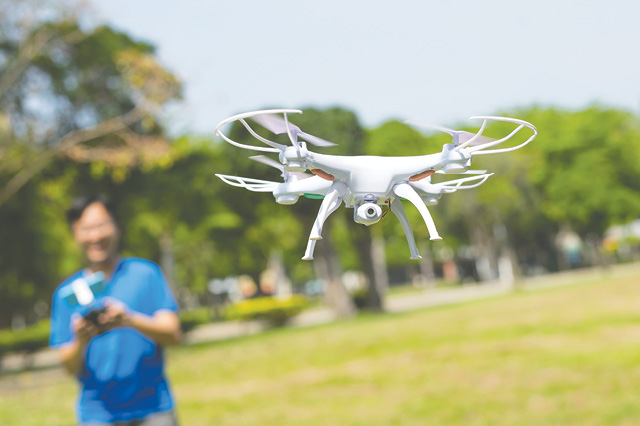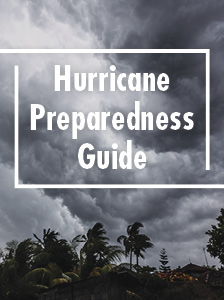If you think drones are popular today, you ain’t seen nothing yet.
The Federal Aviation Administration estimates that purchases of small drones for recreational use will grow from 1.9 million in 2016 to as many as 4.3 million by 2020. Commercial use is expected to rise, too, from about 600,000 in 2016 to 2.7 million in 2020.
That’s noteworthy growth for any activity, especially one that has the potential to expose so many hobbyists to increased liability.
Drone use and any damage it causes isn’t covered in most standard homeowners insurance policies. The reason? An aircraft exclusion is common in homeowners insurance policies.
And, since standard homeowners policies typically don’t protect home businesses, commercial use isn’t covered, either.
“You can check with your insurance provider to see whether your policy’s definition of aircraft does or does not protect the use of drones, but don’t be surprised to learn flying is something done at your own risk,” said Frank Doyle, senior vice president of insurance services for AAA Northeast.
Drone operators may also want to check with the FAA.
While regulations for recreational flight aren’t as strict as those for commercial flight, there are still a few rules to follow. Drones must be registered if they weigh more than 0.55 pounds and labeled with their registration numbers. Operators must be age 13 or older or accompanied by someone who is.
Drone Safety Tips
The FAA has these safety guidelines for operating drones.
• Fly at or below 400 feet.
• Keep your FAA certification within sight.
• Don’t fly near other aircraft, especially near airports.
• Never fly over groups of people.
• Don’t fly over stadiums or sports events.
• Never fly near emergency response efforts such as fires.
• Don’t fly under the influence of drugs or alcohol.
• Be aware of airspace requirements.
For more information, visit www.faa.gov.

















